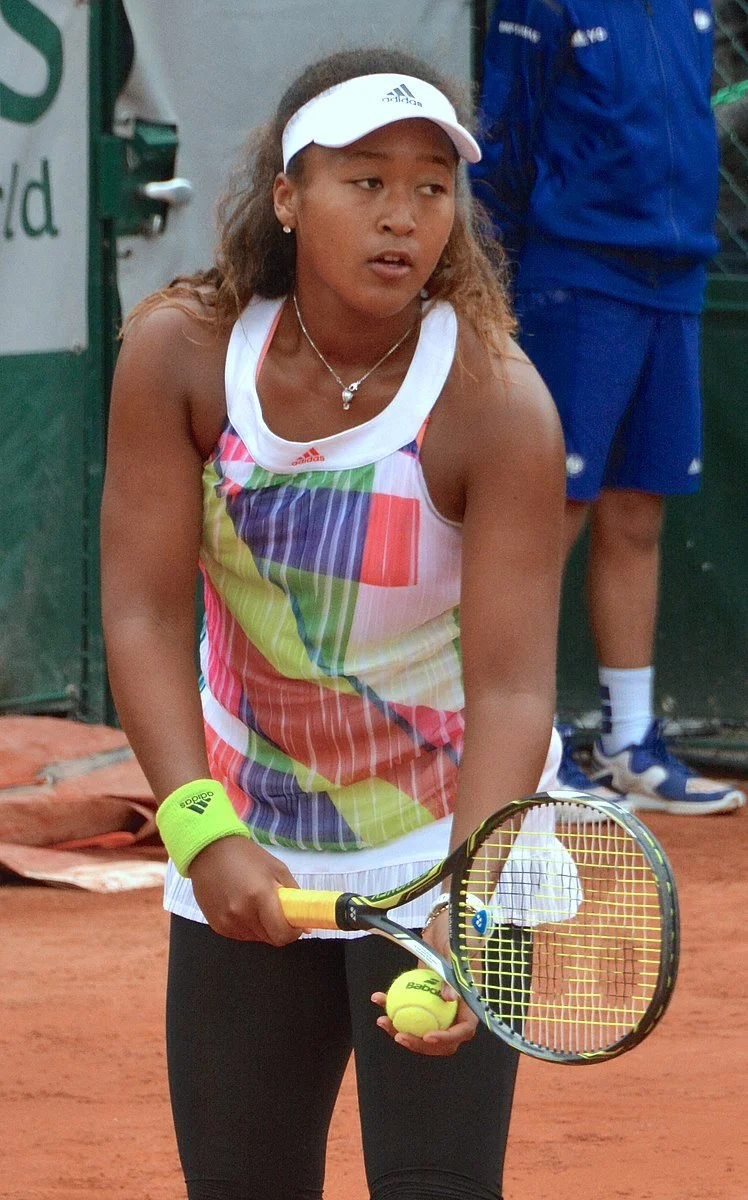By: JON WILLIS, LYNN JAMIESON, BAYLOR HELMUTH AND THOMAS ORR
When you think of the Olympics, what do you think of? It is common to view the Olympics as a time of unity during a sacred time every couple years that brings people from all walks of life together to compete and show the world what they are made of. The Olympics allow a time to put aside differences and come together to show that we are all people on the same planet. When a war breaks out during this period of time, the motive of that country to start war is called into question whether that country is really committed to the ideals of the Olympics.
Noting the buildup of troops along the Ukrainian and previous takeover of Crimea, why has Russia been allowed to compete in any world sporting events any time recently? Being banned from Olympic competition is not new judging from the banning of South African due to its apartheid policies. That ban was lifted after apartheid was abolished. It seems that Russia war policies would effect a complete ban on Olympic participation. Both apartheid and waging war violate the spirit of the Olympics so to reward a country with Olympic Glory seems antithetical to the entire concept of the games themselves.
War as a policy is difficult to understand. Why do we feel the need to fight? We are all people who live on this Earth, and there seems to be no point to the accumulated death toll occurring in any war. What Russia is doing right now to Ukraine however, is a dangerous act of aggression from a leader that does not seem fit to be running his country. Vladmir Putin, who is a dictator and has constantly threatened war against other countries is causing terror not only in people worldwide but also among Russian citizens. The Russian invasion of several cities in the Ukraine not only is a problem for the country, but it also threatens any country that speaks out against it. Nuclear threats make this a world problem.
So what does this have to do with sports? It is creating a bad image for Russia, resulting in athletes from Russia being kicked out of any world athletic competition. A lot of these athletes and even people who live in the country of Russia disagree with what Putin is doing, and they are paying the price for it. Alexander Ovechkin, a very popular Russian hockey player has lost significant sponsorship from CCM (a hockey equipment company) and has faced criticism. Young athletes from both the Ukraine and Russia who are playing in the United States have very uncertain futures. Russia is terrorizing Ukraine during a time that was supposed to be about peace, and threatening the rest of the world while the Olympics were still ongoing. That is leading to them continuing to lose supporters from around the world, and continuing to grow tensions. If things like this keep up, world sporting events may start to decline. How can we have events like the Olympics if we end up going to another World War?
Creator: Steffen Prößdorf | Credit: Steffen Prößdorf
Copyright: Steffen Prößdorf
Now the question is for potential punishments. We believe that Russia should be kicked out of any global sporting event and stripped of any medals or titles that they may have won. What they are doing is against the code of the Olympics and any national competition, and we can not continue to stand for it. This should not just extend to when the conflict with Ukraine ends however, Russia should not be allowed to compete until someone other than Vladmir Putin is in charge of the country. He is a ruthless dictator, raging war wherever he seems fit, and that doesn’t seem like the kind of representation we want in things like is this harsh? No. A strong consequence to these actions is something we need to do if we actually believe in what the Olympics stand for. In essence, Putin would be banned for life and any country he led would be as well. This rule should be ubiquitous in that others who replicate such actions in the future would know these consequences.
Nikol Rodomakina - 2013 IPC Athletics World
We have seen situations like this before. In 1936, during world war two, people began to protest that Germany should not be allowed to compete in the Olympics because of the debacle that was going on with the Nazi Germany. There have been other instances where Olympics have been cancelled or boycotted. The 1916, 1940, and 1944 Olympics were cancelled due to the World War’s. Germany and Japan were banned from the Olympics in 1948. Throughout history, countries have boycotted Olympics due to what other countries are doing. 65 nations stayed home in 1980 and three countries boycotted in 1964. This proves that countries do not want to compete when a country like Russia is doing what they are doing. Most countries attempt to uphold the values of the Olympics, and it shows with these past cancellations and boycotts.
Now Russia is already being excluded from sporting events so far. Even the athletes that are allowed to compete aren’t allowed to compete for Russian sponsors. Russian has been barred from international ice skating, skiing, basketball, track, and some tennis events. They are not allowed to compete in the world figure skating championships, the CHL, and the World Games. The international basketball and volleyball federation have already suspended them from competition so they will not be allowed to compete in the World Cup. This has all only happened ever since the war with Ukraine began. People and major corporations are already taking action and Russia is having to deal with the consequences.
For the longest time, the Olympics and other international sporting events have always held up the standards of bringing people together and not fighting. Russia is clearly going against the values of that, and therefore, they will have to continue to deal with punishments. A fervent hope is that maybe one day everyone in this world can just appreciate what we have and we can all come together in sport without argument, fighting, and things of that nature.
Sources
United States Holocaust Memorial Museum, United States Holocaust Memorial Museum, https://encyclopedia.ushmm.org/content/en/article/the-movement-to-boycott-the-berlin-olympics-of-1936.
Kennedy, Lesley. “6 Times the Olympics Were Boycotted.” History.com, A&E Television Networks, 26 July 2021, https://www.history.com/news/olympic-boycotts.
Author, No. “Russia Is Banned from More Sports Events as Sanctions Mount.” Https://Www.inquirer.com, The Philadelphia Inquirer, 2 Mar. 2022, https://www.inquirer.com/sports/russia-sports-ban-ice-skating-ukraine-war-20220301.html.

















